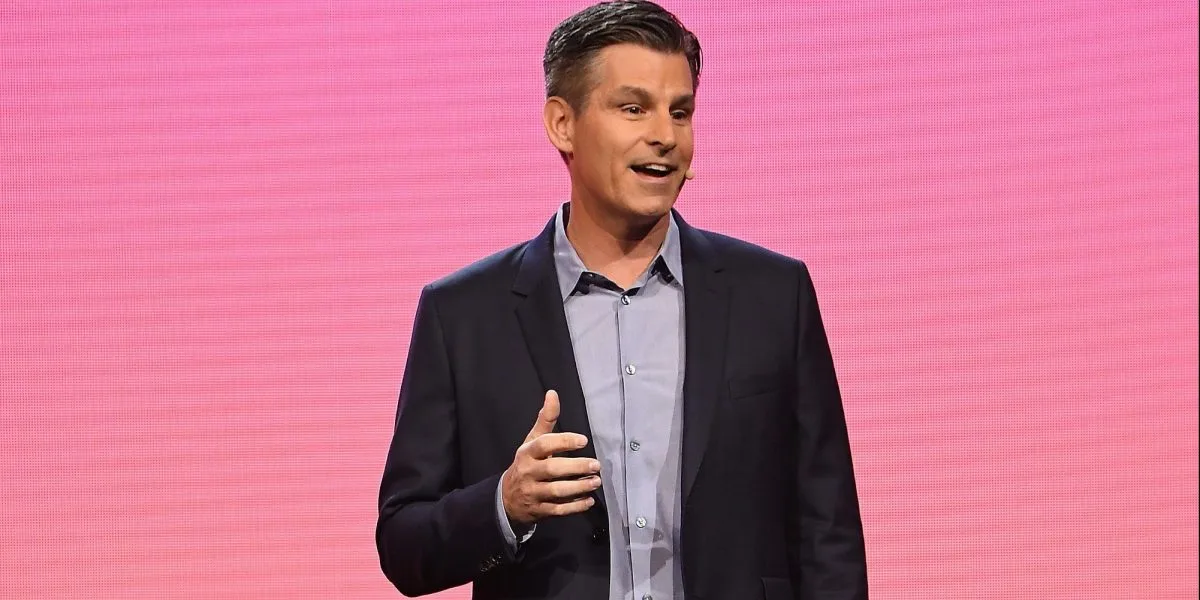You left out the second part of my initial comment, not surprising since it expresses what I said in my expanded response. "...but just believe it anyways." and then you left out that same sentiment in my second response.
You didn't address my point about my comment being a structual critique probably because you were more concerned with comparing the differences in my wording vs extracting the meaning and arguments from those words.
Actually, there is data to support your trust in walking down the sidewalk safely. Sidewalks are built by crews of concrete workers, and that process at every level is overseen by trained individuals who conform to clear standards for concrete strength, safe construction practices, etc. So no, your act of walking on a sidewalk doesn't require blind faith.
Plus, it doesn't matter, you're trying to make a point about epistemic warrant and I'm trying to make a point about structual inequality in corporate America. Plus, even if you didn't have any good reasons to think sidewalks were safe to walk on, that's still not equivalent to my argument because in that example, you aren't trying to impose your personal view on others. Religious fundies are almost never content just believing their doctrine in a vaccum, they attempt to impose it onto other people who don't share their views.
Your whole last point misses what I said. I never claimed that WFH is universally better for employees, I said that it should be up to the employees and their teams to decide what works best for them. There are reasons other than general productivity why WFH is better for some workers, like the example I gave of folks who have extremely long commutes.
But because of the structural inequality within the corporate world, those considerations are thrown into the trash by executives that get to impose their will on those workers just because vibes. (I actually think in many cases it's far more nafarious than that, but I'm being charitable in my assumptions here.)
And finally, I never claimed there are no benefits to working in the office, I literally said that I was a person who enjoys a hybrid situation. I'm arguing for more workplace democracy, instead of an authoritarian environment where the high-ups get to impose their will on everybody else based on nothing more than their feelings.

